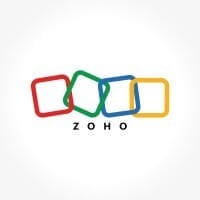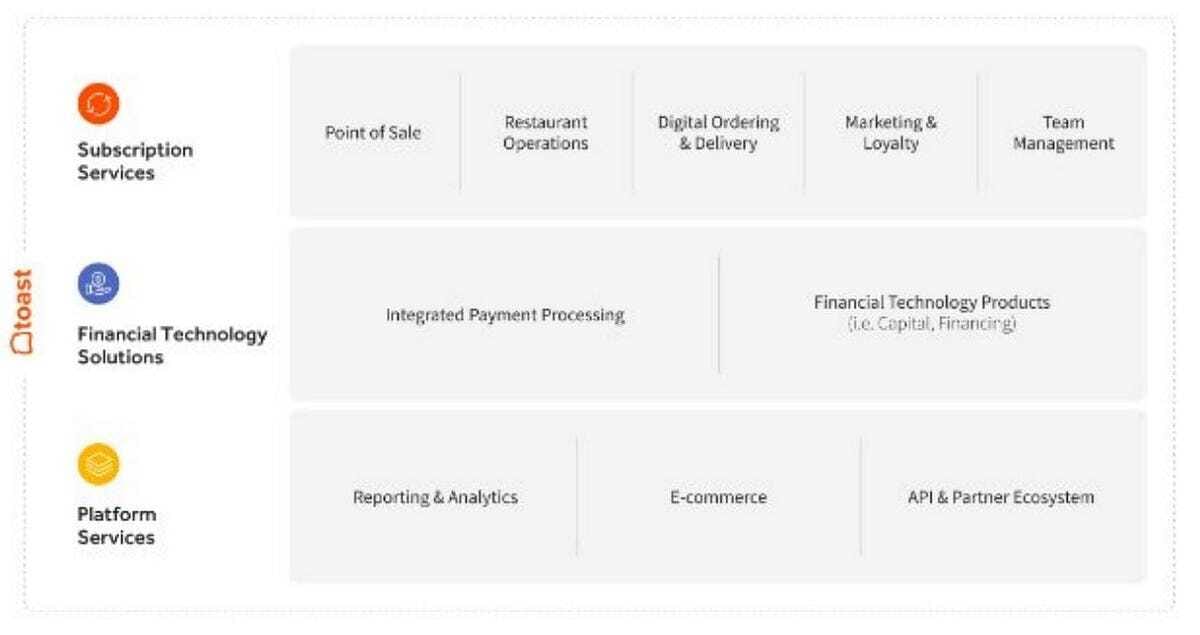Hi {{first name|embedded finance friend}}
After five weeks in India, I am finally back in Berlin! As mentioned last week, this edition is sent out a bit later and is also a bit shorter than usual. I didn’t have any time in India to work on this edition, and after getting back to Berlin yesterday afternoon, my daughter demanded to go to her favourite playground immediately 😃
Before leaving Mumbai, I had the chance to attend the Global Fintech Fest, which is likely the biggest fintech conference in the world (>80,000 participants). There was so much to learn and I did share my thoughts on LinkedIn. That being said, I am looking forward to conference season in Europe but I am still a fan of smaller conferences and events.
Summer was relatively quiet for me in terms of client projects, so I was able so spent a good amount of time on personal projects - most of them related to activities around Embedded Finance Review. There is still some work do to be done, but I am planning to share them with you in the next few editions.
But now let’s dive in 👇
Zoho launches embedded payment product

The Indian B2B software provider Zoho has announced the launch of their own payment product, Zoho payments (Enterprise Times). Zoho is perhaps most known for its CRM software that is being used by freelancers and SMEs from around the world. But it provides a full suite of cloud-based business productivity and collaboration applications, including invoicing and bookkeeping, called Zoho Invoice and Zoho Books. The company was founded in 1996 and headquartered in Chennai, India.
The launch of the new payment product seems to cater only to the Indian home market, where it already received a payment aggregator certificate from the Indian regulator in February of this year. However, due to the global presence and nature of Zoho’s business, it can be expected that the company is working on initiatives in other countries already. Especially since the launch announcement included the statement that the company strongly believes “that business finance, banking, and payments should work together.”
With the payment product, Zoho streamlines the checkout process, significantly reducing cart abandonment and potential revenue loss for their customers. The solution seamlessly integrates with Zoho's financial and operational tools, such as Books, Billing, and Invoice. While using Zoho Payments, businesses can accept online payments without the need to set up third-party payment gateways or accounts, offering a more efficient and unified payment ecosystem within the Zoho suite.
Ikea partners with Adyen and aims to combine online and offline world

The Swedish furniture and retail giant Ikea announced that it is partnering with Dutch payment provider Adyen (The Paypers). While this announcement is technically not embedded finance, I found it still very interesting for a few reasons. Firstly, Ikea is already a big player in embedded finance with their lending and insurance offerings around the globe. And they are likely working heavily to extend this offering into more markets and products. Secondly, the partnership highlights Ikea’s desire to combine data insights from the offline with the online world. When a company offers products or services in the digital world, they are in the lucky position to collect a number of different data points, most importantly the name, email and physical address of their customer. An offline business can only achieve that if it convinces their customers to identify themselves, typically via a loyalty program such as Ikea Family.
Ikea is neither a pure offline nor a pure online business, but a mix of both with many customers buying from Ikea via both channels regularly. If Ikea is only looking at online purchases for one specific customer, the available data might paint a very different picture about the actual customer behaviour. It does not appear, that this partnership will result in a new product launch or any other big changes for Ikea’s customers.
But another will be, at least in the US. The Swedish retailer announced a partnership with Slope (PYMNTS). With this partnership, Ikea can offer their business customers a flexible payment solution in their retail stores in the US. This means that a business buying from a local Ikea retail store can choose for example to pay for their purchases up to thirty days later.
Ikea is one of the few global brands that is offering embedded finance products around the globe. Unfortunately, it is the company’s tradition not to share too many insights and stay undercover as much as possible, which makes it hard to put together a full picture of all their activities.
When is it embedded finance and when fintech?

While running my last errands in Mumbai last week, I listened to the podcast of Toast cofounder Aman Narang in his interview with Harry Stebbings (20VC). Toast is an US public company that provides software to restaurant and the company is one of the prime examples for embedded finance.
My favourite part in the podcast is where Harry asks Aman whether Toast is a software company (and is embedded financial services) or if they are fintech. Initially, Aman said the company is both but then he clarified and said that their customers pick Toast for their SaaS, and not for the payment product. However, he also emphasised that the majority of their revenue comes from fintech products (almost 90% of the total revenue is from financial services, mostly payments). Perhaps it is fair to say that Toast is a software company for their customers and a fintech company for their investors?
Personally, I see a lot of new startups being founded at the intersection of fintech and one other industry, the most common ones I see are healthcare, mobility, logistic and hospitality. Sometimes it is really hard to say whether these companies are fintech companies or not. Not that it really matters (you can win and fail with both approaches) but perhaps asking the question why the customer chose the product in the very first place is the question to answer. If the user registers for the service because she wants to use a financial product (i.e., signing up for a card-based expense management solution such as Spendesk, Moss, Pliant or Payhawk) then it is a fintech company, but if she registers for other features then it is a software company (i.e., Agicap which provides financial planning features to businesses but also offers banking and lending products).
What do you think about this approach? Or how do you decide whether a service is fintech or embedded finance? (Or perhaps I am the only one asking this question 🤷♂️)
Insightful links
There are three articles that I found valuable, so I wanted to share them with you:
- Alex Johnson’s piece about unbundling the financial services stack
- Tearsheet’s guide (paywall) for how to run a BaaS relationship, a guide for fintechs and banks
- Matt Brown’s post about the invisible asymptotes in vertical software (not purely embedded finance, but highly relevant to the question above whether a company is fintech or not)
Somebody forwarded you this email? Subscribe for free.
Are you planning to start your own newsletter? Check out Beehiiv and get 20% off.








